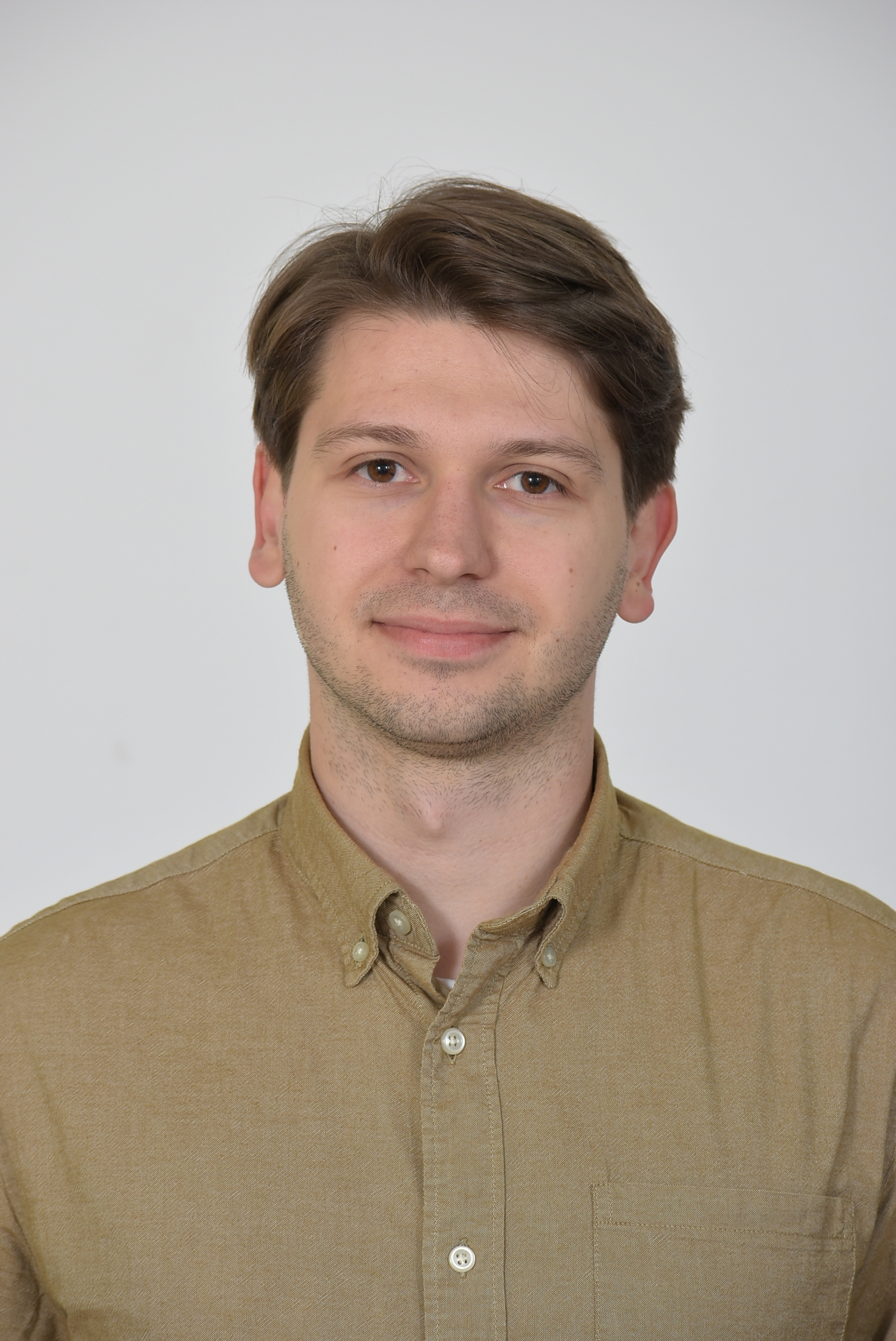The University of Zagreb, Faculty of Law invites applications for a full-time appointment at the level of Assistant at the Legal Theory Department. The position of Assistant in Legal Theory is primarily a position for young researchers who are applying or have applied for a PhD programme in legal theory. For more details see: https://www.pravo.unizg.hr/novosti/vacancy-announcement/
Author Archives: Luka Burazin
Forthcoming Reading Group: Legal Doctrine
9th Reading Group: J. Smits – What is Legal Doctrine? On the Aims and Methods of Legal-Dogmatic Research

8 May 2024: J. Smits – What is Legal Doctrine? On the Aims and Methods of Legal-Dogmatic Research (Rafaela Krešić) (Frankopanska 5a/2nd floor, 12:30 – 14:00h).
Forthcoming Seminar: Legal Principles
Juraj Rogić (University of Zagreb, Faculty of Law), Legal Principles. The seminar will take place on March 6th, 2024, 2pm, Frankopanska 5a/2nd floor (Društvo sveučilišnih nastavnika).
Forthcoming Seminar: Svan Relac, Concept of Retroactivity
Svan Relac (Department of Legal Theory, University of Zagreb, Faculty of Law), Concept of Retroactivity. Commentator: Helena Majić (Judicial Advisor, Constitutional Court of the Republic of Croatia).
The seminar will take place live on February 26th, 2024, 6pm, Frankopanska 5a/2nd floor (Društvo sveučilišnih nastavnika). The Seminar is organized by the Zagreb Legal Theory Group and Croatian Association for Legal and Social Philosophy and Theory of Law and State (Croatian IVR section).
Language of the Seminar is Croatian.
Legal Reasoning Conference (1 Feb 2024)
The Legal Reasoning conference, organized by the Croatian Association for Legal and Social Philosophy and Theory of Law and State (CALSP) and Zagreb Faculty of Law, will be held in Zagreb on 1 February 2024, 2:30pm-6:30pm, Društvo sveučilišnih nastavnika, Frankopanska 5a, 2nd floor. For more information please see the attached conference programme and book of abstracts.
Burazin i Relac o primjeni Ustava od strane redovnih sudova
Objavljen je rad L. Burazina i S. Relca “Primjena Ustava od strane (hrvatskih) redovnih sudova” (Zbornik Pravnog fakulteta u Zagrebu, 73(5) 2023).
U radu se utvrđuje u čemu se sastoji “primjena Ustavaˮ od strane (hrvatskih) redovnih sudova. Na temelju pregleda relevantne literature i predistraživanja hrvatske sudske prakse, za potrebe istraživanja istaknuto je šest paradigmatskih slučajeva primjene Ustava od strane redovnih sudova (činjenice slučaja neposredno uređene ustavnim pravilom, zakonska praznina, izbježiva antinomija in abstracto između ustavne i zakonske norme, izbježiva antinomija in concreto između ustavne i zakonske norme, neustavnost pojedinačne sudske i upravne odluke i neizbježna antinomija in abstracto između ustavne i zakonske norme). Istaknuti slučajevi analizirani su metodom argumentacijske analize sudačkog rasuđivanja u okviru shema unutarnjeg i vanjskog opravdanja sudske odluke u primjerima (uglavnom) osmišljenima na temelju konkretnih slučajeva iz hrvatske sudske prakse.
8th Reading Group: S. Taekema, B. van Klink, Progress in Legal Methodology – A Methodological Assessment of Six PhD Theses

17 January 2024: S. Taekema, B. van Klink – Progress in Legal Methodology. A Methodological Assessment of Six PhD Theses (Nikša Vojvoda) (Frankopanska 5a , 6:30 – 8:00 pm).
You can access Taekema and Klink’s paper at: https://www.lawandmethod.nl/tijdschrift/lawandmethod/2023/09/lawandmethod-D-23-00004
Kenneth E. Himma’s reply to critics
Kenneth E. Himma’s reply to a book symposium on law and coercion (in which his Coercion and the Nature of Law, OUP, 2020 was critically discussed by Brian Bix, Thomas Bustamante, Frank Jackson, Paolo Di Lucia and Lorenzo Passerini Glazel, Anna Pintore, Pablo Rapetti and Kara Woodbury-Smith) has just been published in Revus: https://journals.openedition.org/revus/9984.
Prikaz knjige R. Guastini, Tumačenje i argumentacija, 2023.
U Zborniku radova Pravnog fakulteta u Splitu dr. sc. Marin Keršić objavio je prikaz knjige R. Guastini, Tumačenje i argumentacija, Naklada Breza, Zagreb, 2023. Prikaz je dostupan na: https://hrcak.srce.hr/file/450339.
Natječaj za asistenta na Katedri za teoriju prava PFZ-a
13. prosinca 2023. objavljen je u Narodnim novinama (148/23) natječaj za izbor jednog zaposlenika na suradničko radno mjesto asistenta u znanstvenom području društvenih znanosti, znanstveno polje pravo, znanstvena grana teorija prava i države, na Katedri za teoriju prava, na određeno vrijeme, u punom radnom vremenu.
Rok za podnošenje prijava s dokazima o ispunjavanju natječajnih uvjeta je 30 dana od objave natječaja.
